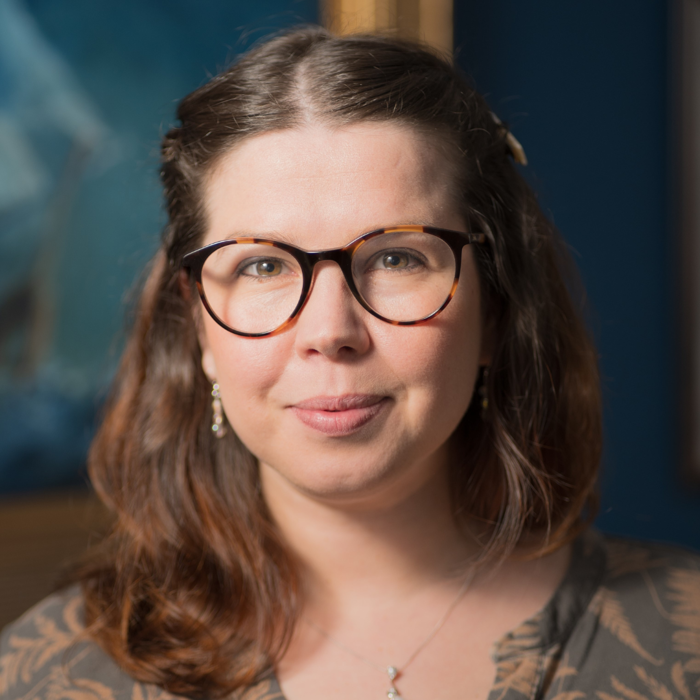Congruent Ideologies of the Bel Canto Pedagogues
Friday 24th January 2025, 2:00 PM - 4:00 PM (London Time)
Garcia II wrote in his introduction to A Complete Treatise on the Art of Singing, “Voices in their natural states are nearly always unpolished, unequal, unsteady, even tremulous, and, finally, heavy and of short range; only study, but a well-informed and persistent study, can make firm the intonation, purify the timbres, perfect the intensity and the elasticity of the tone.” In the same era, G.B. Lamperti lamented, “It is a pity that young singers, who are studying voice, immediately sing songs and arias, literally before they know how to open their mouths, instead of earnestly studying the real support of the voice (the mechanism of breath) in order to develop the voice and to make it smooth and flexible.”
One could readily assume through these similar statements that Manuel Garcia II and G.B. Lamperti were most often in agreement regarding vocal pedagogy and instruction. A short study of the two influential pedagogues, however, quickly reveals major disparities between these two schools of Bel Canto pedagogy. In spite of their passionate disagreements, the pedagogues of this era share the fundamental techniques and methodologies necessary to master the repertoire of the Bel Canto era properly. This presentation and discussion highlights the qualities held in common between the major pedagogues of the era, including elements of alignment, inspiration, vowel purity, legato, and pedagogic progression from exercises to repertoire.
🏷️ Price £30 (UK VAT inclusive)
🎥 Recording automatically sent to all who book (even if you cannot attend live)
▶️ Rewatch as many times as you like
📜 Certificate of attendance available
Dr John Seesholtz
Dr. John Seesholtz, baritone, is the cofounder of the Canciones project, a nonprofit organization dedicated to the advancement of Latin American music throughout all stages of academia and former Director of Vocal Pedagogy at the University of Colorado.

Attend this course for as little as £22 as part of the Voice Professional Training CPD Award Scheme.
Learn MoreSorry, this is an archived short course...
We have plenty of upcoming short courses coming soon. See details of some of them below or look at the full list of short courses.

Monday 7th July 2025
2:00 PM - 4:00 PM
Tuesday 8th July 2025
2:00 PM - 4:00 PM
Wednesday 9th July 2025
2:00 PM - 4:00 PM
Friday 11th July 2025
2:00 PM - 4:00 PM
Monday 14th July 2025
2:00 PM - 4:00 PM
Tuesday 15th July 2025
2:00 PM - 4:00 PM
Wednesday 16th July 2025
2:00 PM - 4:00 PM
Friday 18th July 2025
2:00 PM - 4:00 PM
(London Time)
Introduction to statistics and working with quantitative data for Voice Professionals: 8-Session Online Bootcamp

Dr David Cane
This certificated statistics course is ideal for individuals interested in laying a solid foundation in quantitative research methods. By focusing on essential statistical principles, you will be equipped with the tools to understand and apply quantitative research techniques effectively. Statistics is a crucial component of quantitative research; mastering it will enable you to grasp quantitative methods more confidently and precisely.


Tuesday 15th July 2025
5:00 PM - 7:00 PM
(London Time)
Exploring the roots of the tongue: Ideas for performance

Walt Fritz
As a relative outsider looking into the voice and performance world, I witness the bell curve of thoughts and actions on how the tongue contributes to voice problems and how best to tame that tension. Traditional ways of taming tongue tension seem adequate (or would seem so, based on feedback), so what is different and new? In this short course for the Voice Study Centre, Walt Fritz will introduce the learner to variations on self-applied tongue stretches and exercises.


Wednesday 16th July 2025
2:00 PM - 4:00 PM
(London Time)
Emotion and Performing Accents and Dialects: why does Emotion Get in the Way?

Louisa Morgan
At points of heightened emotion, it is common for actors working in an accent to default to their natural speech. How do we help performers to avoid this issue and provide them and their directors with the confidence they need regardless of the emotional demands of the piece? What can we learn from research in vocal expression of emotion to help actors to embody the emotion and keep control of their voice and accent? Our very own Louisa Morgan will guide participants through the latest research and offer practical suggestions for working with performers needing to navigate this challenge.
